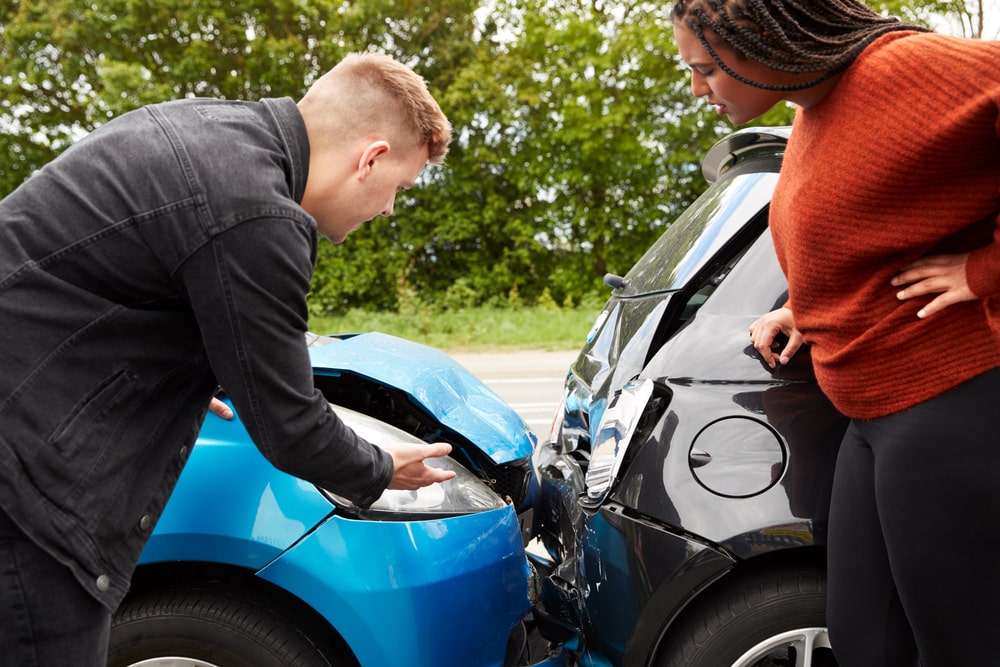One of the most common types of accidents across the country are car accidents. When such incidents happen, understanding liability becomes crucial for all parties involved. Whether you’re the victim seeking compensation or the party at fault, navigating the legal aspects of a car accident case can be complex. However, with the right knowledge and guidance, you can better comprehend how liability is determined and what steps to take next.
Defining Liability
In the realm of car accidents, liability refers to legal responsibility for the incident and its consequences. Establishing liability involves determining who was at fault for the accident and, consequently, who is financially responsible for any resulting damages. It’s essential to note that liability isn’t always clear-cut and may be shared among multiple parties to varying degrees.
Types Of Liability
Negligence
Negligence is a common basis for establishing liability in car accident cases. It occurs when a driver fails to exercise reasonable care, resulting in harm to others. Examples of negligent actions include speeding, running red lights, distracted driving, or driving under the influence of alcohol or drugs.
Strict Liability
In some cases, liability may be imposed regardless of fault through the concept of strict liability. This typically applies to certain situations, such as defective auto parts or hazardous road conditions. Under strict liability, the focus is on the responsible party’s actions rather than their intentions or level of care.
Respondeat Superior
Respondeat superior, Latin for “let the master answer,” holds employers liable for the negligent actions of their employees while performing job-related duties. This principle often comes into play in car accident cases involving commercial vehicles or employees driving company-owned vehicles.
Determining Liability Factors
When determining liability in car accident cases, there are several factors that must be considered:
Traffic Laws
Adherence to traffic laws plays a significant role in assessing liability. Violating speed limits, ignoring traffic signals, or failing to yield right-of-way can establish negligence on the part of the driver.
Driver Behavior
The actions and behavior of each driver involved are carefully scrutinized. Evidence such as witness testimonies, police reports, and surveillance footage can help reconstruct the events leading up to the accident and identify any negligent conduct.
Vehicle Maintenance
Negligent maintenance or defects in vehicle parts can contribute to accidents. If mechanical failure or faulty brakes are determined to be contributing factors, liability may extend to the vehicle owner or manufacturer.
Road Conditions
Hazardous road conditions, such as potholes, inadequate signage, or slippery surfaces, can contribute to accidents. In such cases, liability may fall on the government entity responsible for maintaining the road.
Seeking Legal Assistance
To ensure that your rights and interests are protected after a car accident, it is crucial to seek guidance from a knowledgeable and experienced lawyer. Lawyers with extensive experience in handling car accident cases can attest to the importance of seeking legal representation.
An experienced car accident lawyer can provide the following assistance:
- Investigation
Conducting a thorough investigation to gather evidence, including police reports, witness statements, and expert opinions, to establish liability and strengthen your case.
- Negotiation
Engaging in negotiations with insurance companies and opposing parties to pursue fair compensation for your injuries, property damage, medical expenses, and other losses.
- Litigation
If a settlement cannot be reached, representing you in court and presenting your case before a judge and jury to seek the compensation you deserve.
The Importance Of Understanding Liability
When you have been involved in a car accident, it’s important to have an understanding of liability. By grasping the concepts of negligence and strict liability, you can better comprehend how fault is determined and what factors influence liability. In the aftermath of a car accident, seeking the guidance of an experienced lawyer is paramount to protect your rights and pursue fair compensation for your losses. Lawyers like those at Law Group of Iowa have the experience and dedication to guide the legal process on your behalf, ensuring that your rights are upheld and your interests are safeguarded.



